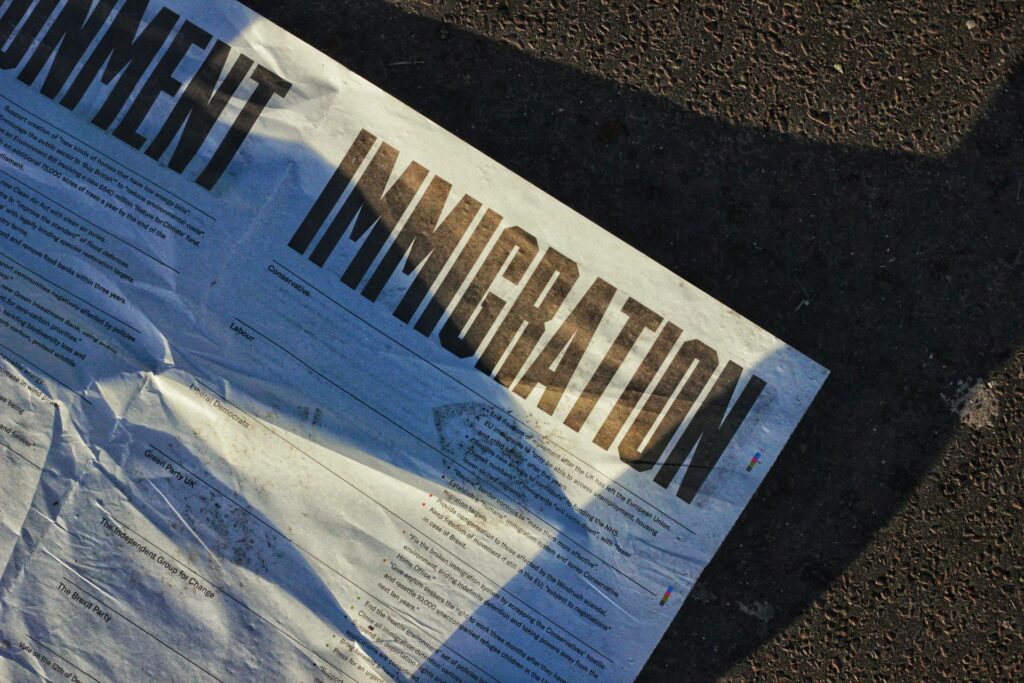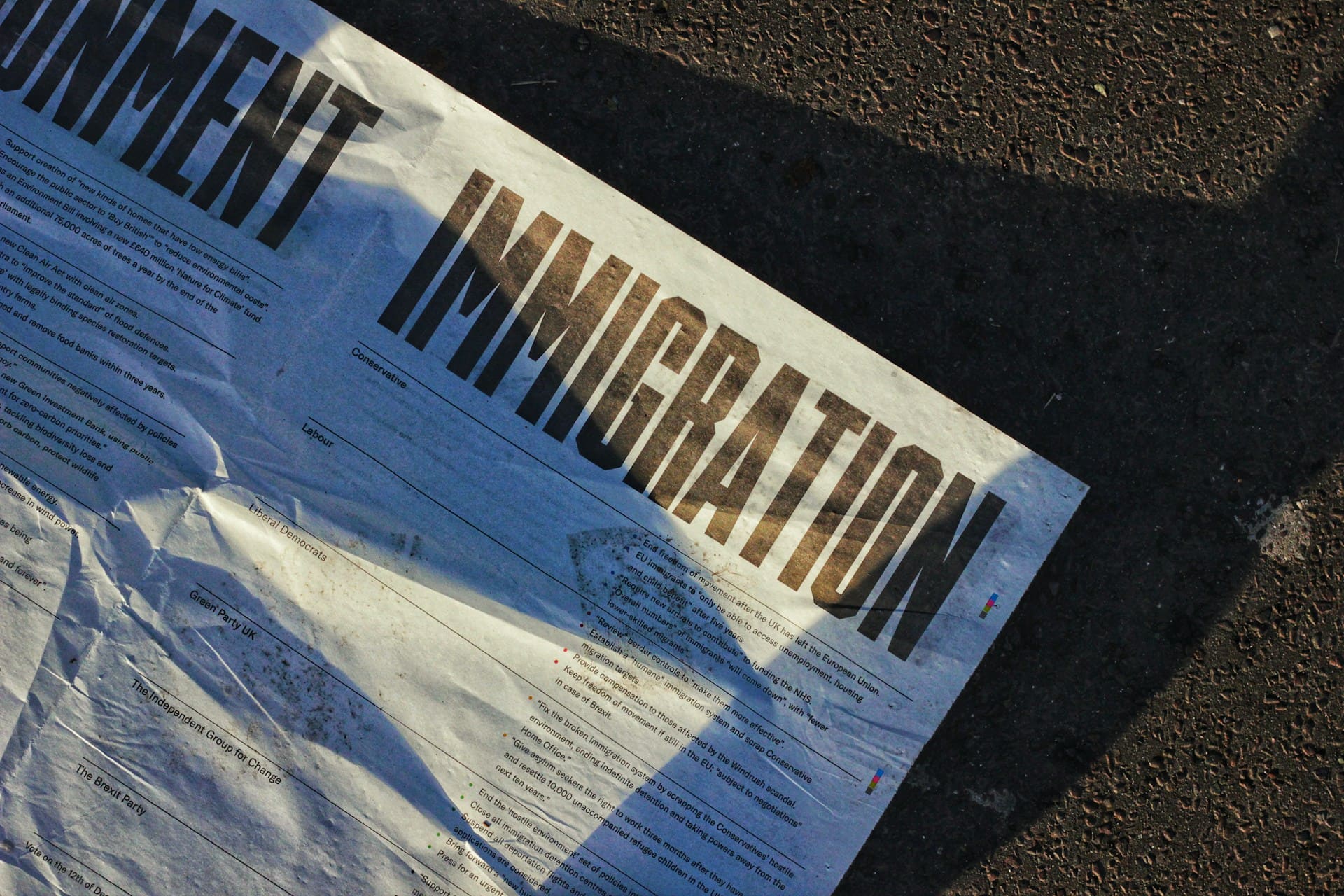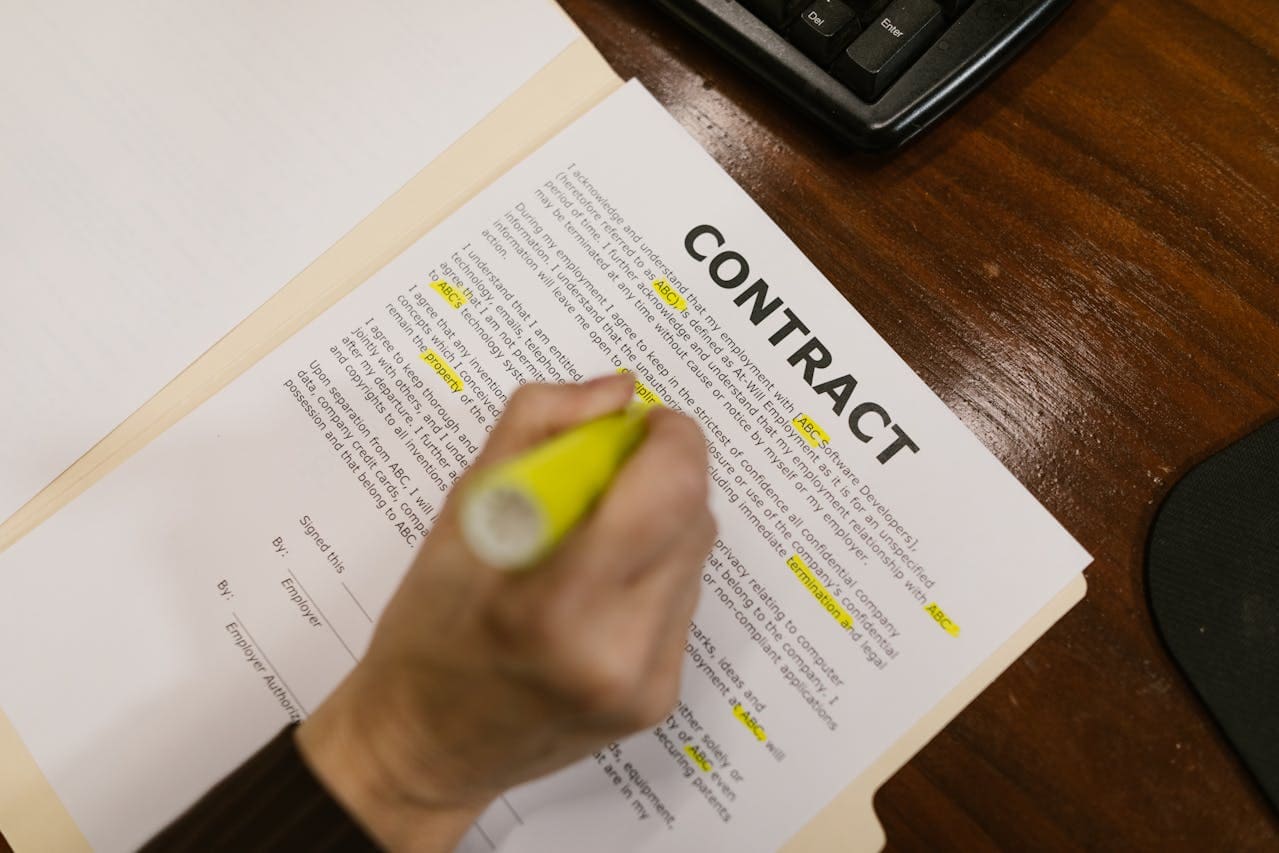In the realm of complex litigation, Privilege Review, and Managed Document Review play pivotal roles in ensuring the protection of sensitive information and facilitating a smooth legal process. The challenges inherent in Review, especially in large-scale cases, necessitate robust strategies to manage documents efficiently and safeguard privileged communications. This article explores the intricacies of Privilege Review in complex litigation and offers comprehensive strategies for success, focusing on the integration of Managed Document Review.
Understanding Privilege Review
Privilege Review is an essential phase of the Managed Document Review process in litigation, aimed at identifying and safeguarding documents that are protected by specific legal privileges. These privileges are crucial in preserving the confidentiality of sensitive communications and materials, ensuring that the legal strategy and private interactions between a lawyer and their client remain undisclosed to opposing parties.
Key Legal Privileges in Privilege Review
Attorney-Client Privilege
Attorney-client privilege is a legal concept that safeguards the confidentiality of communications between a lawyer and their client. This privilege specifically applies to conversations, whether verbal, written, or electronic, that are conducted to seek or provide legal advice. The primary purpose of this privilege is to encourage open and honest dialogue between attorneys and their clients.
When clients feel secure that their communications with their lawyers will remain confidential, they are more likely to disclose all relevant information, enabling their lawyers to provide more effective legal representation. The scope of attorney-client privilege is broad, encompassing all forms of communication intended to be confidential and related to legal advice. This means that whether the communication occurs in person, over the phone, via email, or through other electronic means, it is protected under this privilege as long as it meets the criteria of confidentiality and relevance to legal counsel.
This protection is crucial for maintaining the integrity of the legal process and ensuring that clients can trust their attorneys with sensitive information without fear of exposure.
Work Product Doctrine
The work product doctrine is a legal principle designed to protect materials prepared by or for attorneys in anticipation of litigation. This protection is essential to ensure that attorneys can develop their strategies and theories without the risk of their opponents gaining access to their internal deliberations and tactics. The primary purpose of this doctrine is to safeguard an attorney’s mental impressions, conclusions, opinions, and legal theories concerning a particular case. By doing so, it promotes the adversarial legal system by allowing attorneys to work without undue interference or exposure.
The scope of the work product doctrine is extensive, covering a wide range of documents and materials created in preparation for litigation. This includes drafts of legal documents, notes taken during meetings or while reviewing evidence, memoranda summarizing legal research or case strategy, and other research materials relevant to the case. Essentially, any document or tangible item prepared in anticipation of litigation, whether by the attorney or at their direction, is protected under this doctrine.
This protection is not absolute, however. In certain circumstances, such as when the opposing party demonstrates a substantial need for the materials and cannot obtain their substantial equivalent without undue hardship, the court may order the disclosure of some work product. Despite this, the doctrine plays a crucial role in maintaining the integrity of legal proceedings by ensuring that attorneys can conduct thorough and uninhibited preparations for their cases.
Common Interest Privilege
Common interest privilege is an extension of the attorney-client privilege that applies to communications between parties who share a common legal interest. This privilege allows parties involved in a joint legal effort to share information and communicate with each other and their respective attorneys without waiving the confidentiality protection that the attorney-client privilege provides. The primary purpose of this privilege is to facilitate cooperation and coordination among parties working together on a shared legal strategy. This is essential in complex litigation and other legal scenarios where collaboration is necessary to achieve a common goal.
The scope of common interest privilege is particularly significant in scenarios such as joint defense agreements and mergers and acquisitions. In joint defense agreements, multiple defendants in a legal case can collaborate, share information, and strategize together to mount a unified defense. This cooperation is critical in cases where the defendants’ interests are closely aligned and a coordinated approach is beneficial.
Similarly, during mergers and acquisitions, companies involved in the transaction often need to share sensitive information and communicate openly to navigate the legal complexities of the deal. Common interest privilege ensures that these communications remain protected, enabling the parties to work together effectively without risking the exposure of privileged information.
For the common interest privilege to apply, the communications must be made in furtherance of the shared legal interest and not for any other purpose. Additionally, the parties must have a demonstrable common legal interest, not merely a business or financial interest. This ensures that the privilege is used appropriately and maintains its integrity in protecting genuinely collaborative legal efforts.
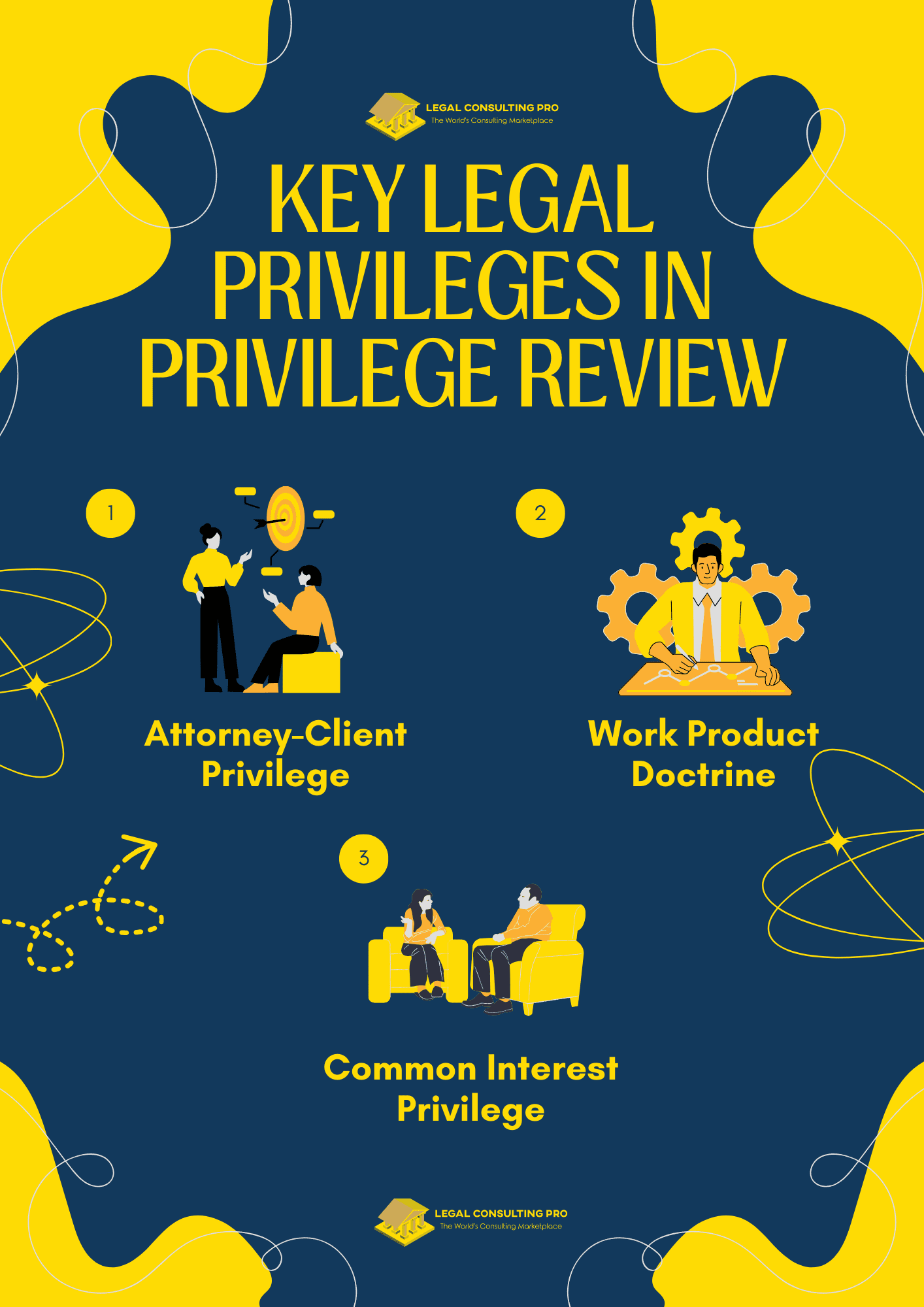
Importance of Privilege Review:
- Confidentiality Protection: Privilege Review is fundamental in safeguarding the confidentiality of privileged communications and documents. This process ensures that sensitive information, such as attorney-client communications and work product materials, is not inadvertently disclosed to adversaries. By keeping these communications confidential, Privilege Review upholds the integrity of the legal process and protects the private exchanges that are crucial for effective legal counsel. This protection is essential in maintaining trust between attorneys and their clients, allowing for open and honest communication without fear of exposure.
- Legal Compliance: Adhering to legal and ethical standards is a critical aspect of Privilege Review. Legal professionals are obligated to identify and withhold privileged documents to comply with laws and regulations that mandate the protection of certain types of information. Properly conducting a Privilege Review ensures that legal teams fulfill these obligations, thereby avoiding legal repercussions and maintaining professional integrity. This compliance is not just a legal necessity but also an ethical duty to protect client confidentiality and uphold the standards of the legal profession.
- Strategic Advantage: Privilege Review plays a strategic role in litigation by preserving the confidentiality of privileged information. This protection prevents opponents from gaining insights into a party’s legal strategy, which could be detrimental to their position in the case. By ensuring that privileged communications remain confidential, legal teams can maintain their strategic advantage, using their knowledge and preparations without the risk of opponents anticipating their moves. This confidentiality is crucial for effective litigation, as it enables lawyers to plan and execute their strategies without compromising their clients’ positions.
- Avoiding Waiver: One of the most significant risks in litigation is the inadvertent disclosure of privileged documents, which can lead to the waiver of privilege. Once privilege is waived, the previously protected information becomes accessible to opposing parties, potentially undermining a case. A thorough Privilege Review is essential to minimize this risk. By carefully examining documents and ensuring that privileged information is correctly identified and withheld, legal teams can prevent accidental disclosures that could jeopardize their client’s interests. This meticulous review process is vital for maintaining the confidentiality and protection of privileged communications throughout the litigation process.
Challenges in Privilege Review
The Privilege Review process in complex litigation can be fraught with challenges. These challenges often stem from the sheer volume of documents, the need for precision, and the evolving nature of legal standards.
-
Volume of Documents
In complex litigation, the sheer volume of documents can be staggering, often reaching into the millions. This abundance of documentation poses a significant challenge for legal teams tasked with identifying privileged content while simultaneously ensuring that no critical information is overlooked. Moreover, the risk of inadvertently disclosing privileged material adds another layer of complexity to the review process. As a result, navigating through this extensive volume of documents demands meticulous attention to detail, robust review protocols, and advanced technological tools to streamline the process effectively.
Without a comprehensive strategy in place, the task of conducting privilege review in complex litigation becomes daunting and prone to errors. Thus, legal teams need to implement structured workflows, leverage cutting-edge technologies, and employ skilled professionals to effectively manage the review process and safeguard privileged information.
-
Evolving Legal Standards
Legal standards surrounding privileged information are subject to evolution, presenting an additional layer of complexity in Privilege Review. Court’s interpretations of privilege rules may vary, leading to nuances in how privilege is defined and applied in different jurisdictions or cases. Staying updated with these changes is imperative for legal teams engaged in Privilege Review to ensure compliance with current legal standards and avoid potential pitfalls.
Failure to stay abreast of evolving legal interpretations could result in overlooking newly recognized forms of privilege or misapplying privilege rules, leading to inadvertent disclosure of sensitive information. Therefore, legal teams must continuously monitor legal developments, including court rulings, regulatory guidance, and precedents, to adapt their Privilege Review protocols accordingly. This proactive approach enables legal teams to navigate the complexities of Privilege Review effectively, mitigate risks, and uphold the confidentiality of privileged information in litigation proceedings.
-
Inconsistent Document Types
Reviewing documents for privilege in complex litigation demands a versatile and comprehensive approach due to the diverse range of formats in which information is presented. From emails and memos to handwritten notes and multimedia files, documents come in various forms, each requiring unique scrutiny to identify privileged content accurately.
Traditional text-based documents may contain explicit legal advice or confidential communications between attorneys and clients, warranting careful review for attorney-client privilege. Meanwhile, multimedia files, such as audio recordings or videos, may capture discussions or meetings involving legal counsel, necessitating nuanced analysis to determine privilege applicability. Handwritten notes, although less structured, can contain critical legal insights or strategy discussions, underscoring the importance of thorough examination.
Adopting a multifaceted approach that combines advanced technological tools, such as text analytics and machine learning algorithms, with human expertise enables legal teams to effectively navigate the complexities of Privilege Review across diverse document formats. By leveraging a combination of technology-driven solutions and human intelligence, legal teams can ensure comprehensive coverage and accurate identification of privileged information, thereby safeguarding confidentiality and compliance in complex litigation scenarios.
-
Communication Complexity
In large organizations where communications are multifaceted and involve numerous parties, discerning whether a specific communication is privileged poses considerable challenges, especially in cases involving internal discussions or interactions with third parties. Internal communications within organizations often entail exchanges between various departments, personnel, and stakeholders, making it difficult to ascertain the privileged nature of each interaction.
Additionally, communications involving external entities, such as consultants, vendors, or legal representatives, further complicate the privilege determination process, as these interactions may entail shared information or collaborative efforts. Distinguishing between privileged and non-privileged communications amidst this complexity requires meticulous scrutiny and a nuanced understanding of privilege laws and organizational dynamics. Legal teams must navigate intricate webs of communications, analyzing the context, intent, and participants involved in each interaction to accurately assess privilege applicability.
Leveraging advanced technology, such as email monitoring tools and communication tracking systems, can aid in identifying potentially privileged communications within large datasets.
-
Time Constraints
In the realm of litigation, where time constraints loom large and deadlines are often stringent, conducting a comprehensive Review poses significant challenges. To navigate these constraints effectively, legal teams must implement streamlined processes and leverage technological solutions to expedite the review process without compromising accuracy. Time-sensitive litigation demands swift yet meticulous scrutiny of voluminous document sets to identify and withhold privileged information effectively.
Technology plays a pivotal role in this regard, offering tools and methodologies that enhance efficiency and precision in Privilege Review tasks. Automated Managed Document Review platforms equipped with advanced analytics, machine learning algorithms, and predictive coding capabilities can rapidly sift through massive datasets, flagging potentially privileged content for further scrutiny. These technologies enable legal teams to prioritize review efforts, focusing on documents with the highest likelihood of containing privileged information while optimizing resource allocation.
Additionally, workflow automation features within these platforms streamline repetitive tasks, such as document categorization and privilege logging, enabling legal professionals to navigate Review processes more efficiently within tight timelines. By harnessing the power of technology-driven solutions and implementing streamlined workflows, legal teams can meet the demands of time-sensitive litigation scenarios while upholding the integrity of Privilege Review protocols.
Strategies for Effective Privilege Review
To navigate the challenges of Review in complex litigation, legal teams must employ strategic approaches. These strategies should leverage technology, maintain rigorous processes, and ensure compliance with evolving legal standards.
-
Utilizing Managed Document Review
Managed Document Review involves outsourcing document review tasks to specialized providers, offering significant benefits in complex litigation. These providers bring scalability, quickly adjusting resources to match document volumes, ensuring that even the largest and most document-intensive cases are handled efficiently. They offer expertise with trained teams proficient in reviewing and up-to-date with current legal standards, ensuring that sensitive and privileged information is correctly identified and protected. Efficiency is significantly enhanced through the use of advanced technologies like predictive coding and artificial intelligence (AI).
These technologies expedite the sorting and categorizing of documents, reducing the time and effort required for initial reviews and allowing human reviewers to focus on more complex and nuanced tasks. This approach ensures that Managed Document Reviews are accurate, compliant with legal requirements, and completed on time. By outsourcing these tasks, legal teams are freed to concentrate on core strategies and substantive legal work, thus improving overall case management and increasing the chances of favorable outcomes in litigation.
-
Leveraging Technology
In modern legal practice, technology plays a pivotal role in facilitating the Privilege Review process, bringing significant advancements in efficiency and accuracy. With the exponential growth of electronic documents in litigation, traditional manual review methods are often insufficient to cope with the volume and complexity of data. As a result, legal professionals increasingly turn to technological solutions, such as AI and machine learning, to streamline the review process and enhance the identification of privileged documents.
Predictive coding stands out as a particularly impactful technology in Review. This technique involves training machine learning algorithms to recognize relevant documents based on initial coding by human reviewers. By analyzing patterns and relationships within the data, predictive coding algorithms can quickly categorize large volumes of documents, prioritizing those most likely to contain privileged information. This approach not only expedites the review process but also improves its accuracy by leveraging the collective insights of human reviewers to train the algorithm.
In addition to predictive coding, AI and Natural Language Processing (NLP) technologies play a crucial role in identifying privileged information within documents. AI-powered systems can analyze the context of documents, detecting subtle linguistic cues and patterns indicative of privilege. For example, these tools can recognize legal terminology, attorney-client communications, or discussions related to legal strategy. By understanding the nuances of language and context, AI and NLP technologies can effectively flag documents for further review by legal professionals, ensuring that no privileged information goes unnoticed.
Furthermore, these technological advancements offer benefits beyond mere efficiency and accuracy. By automating routine tasks and reducing the burden of manual review, legal teams can allocate more time and resources to higher-value strategic activities. This includes crafting legal arguments, developing case strategies, and engaging in negotiations or settlement discussions. Moreover, the use of advanced technologies in Privilege Review enhances the defensibility of the process, providing a transparent and auditable trail of how privileged documents were identified and handled.
-
Implementing Rigorous Processes
A systematic approach to Review is crucial for maintaining consistency and thoroughness in the review process, particularly in complex litigation cases. Clear protocols and workflows provide a structured framework for legal teams to follow, ensuring that all aspects of the review are conducted effectively and efficiently while minimizing potential risks.
Standard Operating Procedures (SOPs) serve as the backbone of this approach, offering detailed guidelines for identifying, reviewing, and logging privileged documents. By adhering to SOPs, all team members adopt a uniform approach, reducing the chances of oversight or errors in the review process. Moreover, implementing robust quality control measures is essential to safeguard the integrity of the Review process. These measures may involve cross-checking reviewed documents, conducting random audits, or utilizing automated validation checks to verify accuracy.
By enforcing stringent quality control protocols, legal teams can promptly identify and rectify any discrepancies or inaccuracies, thereby ensuring that privileged documents are correctly identified and protected throughout the entire review process. This systematic approach not only enhances the efficiency and effectiveness of Privilege Review but also upholds the integrity of the legal proceedings, ultimately contributing to the successful outcome of the litigation.
-
Training and Development
Continuous training is paramount for legal teams to remain at the forefront of their field, especially in areas as intricate as Review. These training sessions serve as vital platforms for professionals to not only reinforce their existing knowledge but also stay updated with the latest advancements in legal standards and technological tools. Through ongoing training, legal practitioners can refine their skills in identifying privileged documents, navigating complex legal nuances related to privilege, and effectively leveraging cutting-edge technologies to streamline the review process.
Furthermore, these sessions offer an invaluable opportunity for teams to collaborate, share insights, and learn from each other’s experiences, fostering a culture of continuous improvement within the organization. By staying informed about changes in regulations, case law updates, and emerging industry trends, legal professionals can adapt their practices accordingly, ensuring compliance and readiness to tackle evolving challenges in Privilege Review. Ultimately, investing in continuous training not only enhances the expertise and proficiency of legal teams but also reinforces the organization’s commitment to delivering high-quality and legally sound services to clients.
-
Collaboration and Communication
In addition to providing shared workspaces and annotation tools, collaborative platforms like Relativity and Everlaw offer advanced features that further enhance communication and collaboration among legal team members during the Review process. These platforms often include discussion forums or chat functionalities, allowing team members to communicate instantly and discuss review strategies or address any questions or concerns in real time. Moreover, they may offer task assignment and tracking capabilities, enabling project managers to assign specific review tasks to team members and monitor their progress throughout the review process. This ensures accountability and transparency within the team, as everyone is aware of their assigned tasks and deadlines.
Furthermore, some platforms integrate with email and calendar systems, facilitating seamless communication and scheduling of meetings or review sessions. By providing a centralized hub for communication, document access, and task management, collaborative platforms streamline the Privilege Review process, promote efficient collaboration, and ultimately contribute to the successful outcome of complex litigation cases.
-
Compliance with Legal Standards
Ensuring compliance with legal standards is paramount in every stage of the Review process. Legal teams must remain vigilant and stay informed about the ever-evolving landscape of privilege laws and court rulings. Continuous monitoring of legal developments and updates is crucial to ensure that Privilege Review protocols are in line with current standards and regulations. By staying proactive and responsive to changes in privilege laws, legal teams can effectively minimize the risk of inadvertently disclosing privileged information during the review process.
This ongoing monitoring process entails tracking relevant case law, regulatory guidance, and industry best practices to ensure that Review protocols remain robust and effective. Additionally, legal teams may opt to engage in regular training sessions or educational programs to reinforce their understanding of privilege laws and enhance their review skills. By adopting a proactive and well-informed approach to compliance, legal teams can uphold the integrity of the Review process and effectively mitigate the potential legal risks associated with privilege violations.
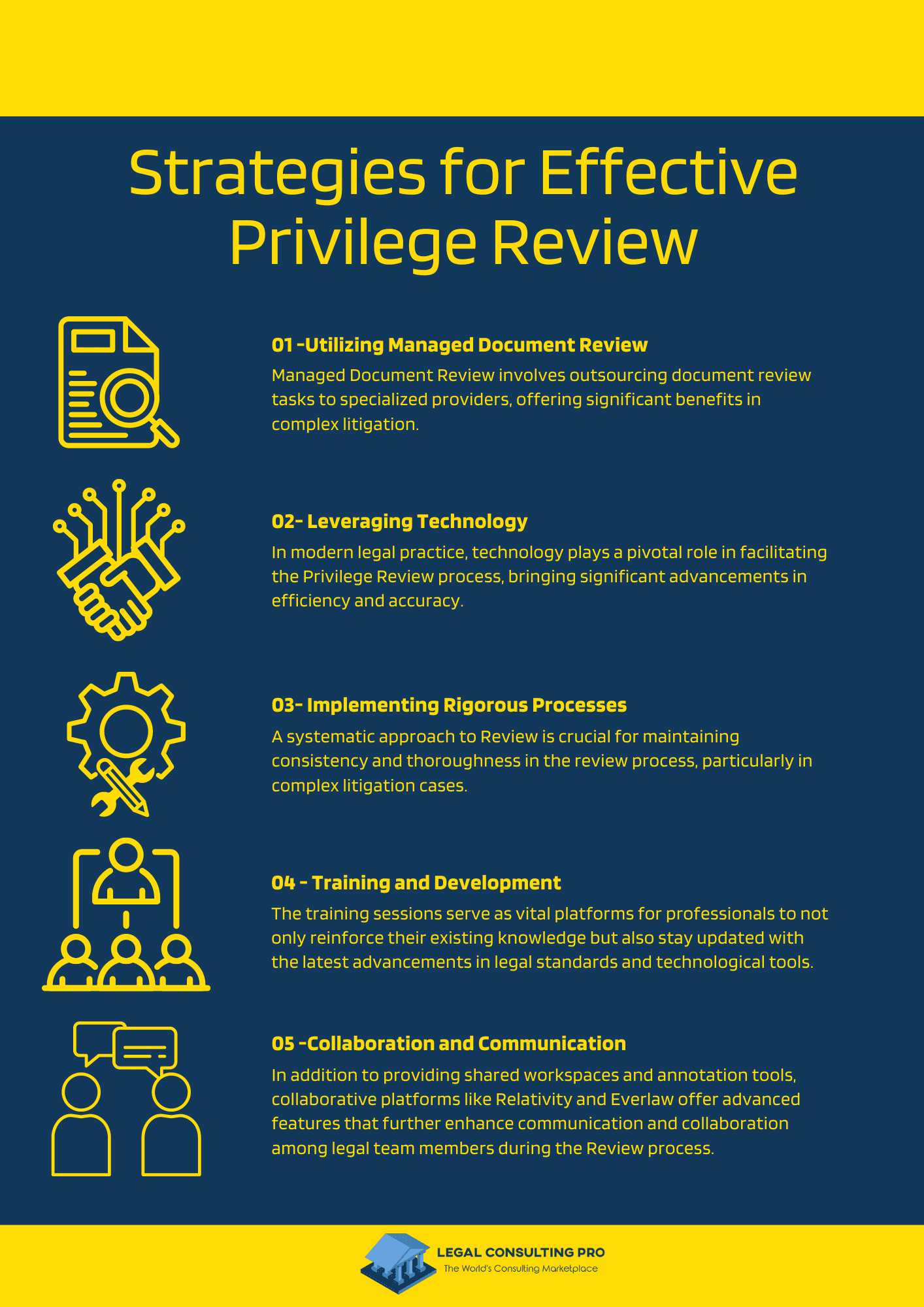
Case Studies: Successful Privilege Review in Complex Litigation
To illustrate the effectiveness of these strategies, let’s explore a few case studies where successful Review played a critical role in complex litigation.
Case Study 1: Large-Scale Corporate Litigation
In a case involving a large multinational corporation, the volume of documents to review was overwhelming. The legal team employed a Managed Document Review provider to handle the bulk of the document review process. By leveraging predictive coding and AI technologies, the provider was able to quickly identify privileged documents. Rigorous quality control measures ensured accuracy, and the team met all court-imposed deadlines, ultimately securing a favorable outcome for the client.
Case Study 2: Regulatory Investigation
A financial institution faced a regulatory investigation requiring the review of extensive communications. The institution’s legal team implemented a comprehensive Privilege Review process, incorporating advanced NLP tools to analyze email threads and identify privileged content. Collaboration platforms facilitated seamless communication among team members, ensuring a coordinated review effort. The institution successfully navigated the investigation, demonstrating compliance with regulatory requirements.
Case Study 3: Intellectual Property Dispute
In an intellectual property dispute, the complexity of the case necessitated a meticulous Review. The legal team established SOPs and conducted regular training sessions on Privilege Review best practices. Managed Document Review services were utilized to handle the high volume of technical documents. Continuous monitoring of legal developments ensured that the team remained compliant with evolving privilege laws. The thorough review process contributed to a successful resolution of the dispute.
Conclusion
Review is a critical component of complex litigation, requiring careful management and strategic approaches. By leveraging Managed Document Review, utilizing advanced technologies, implementing rigorous processes, and ensuring compliance with legal standards, legal teams can navigate the challenges of Privilege Review effectively. These strategies not only enhance the efficiency and accuracy of the review process but also safeguard privileged information, ultimately contributing to successful litigation outcomes.
In the ever-evolving landscape of complex litigation, staying informed about best practices and emerging technologies is essential. Legal teams that embrace these strategies will be well-equipped to handle the demands of Review and achieve success in their cases.
Similar Blogs:
4 Effective Strategies for Identifying Privileged Communications in Managed Reviews
Demystifying Predictive Coding: How AI Revolutionizes Managed Document Review






